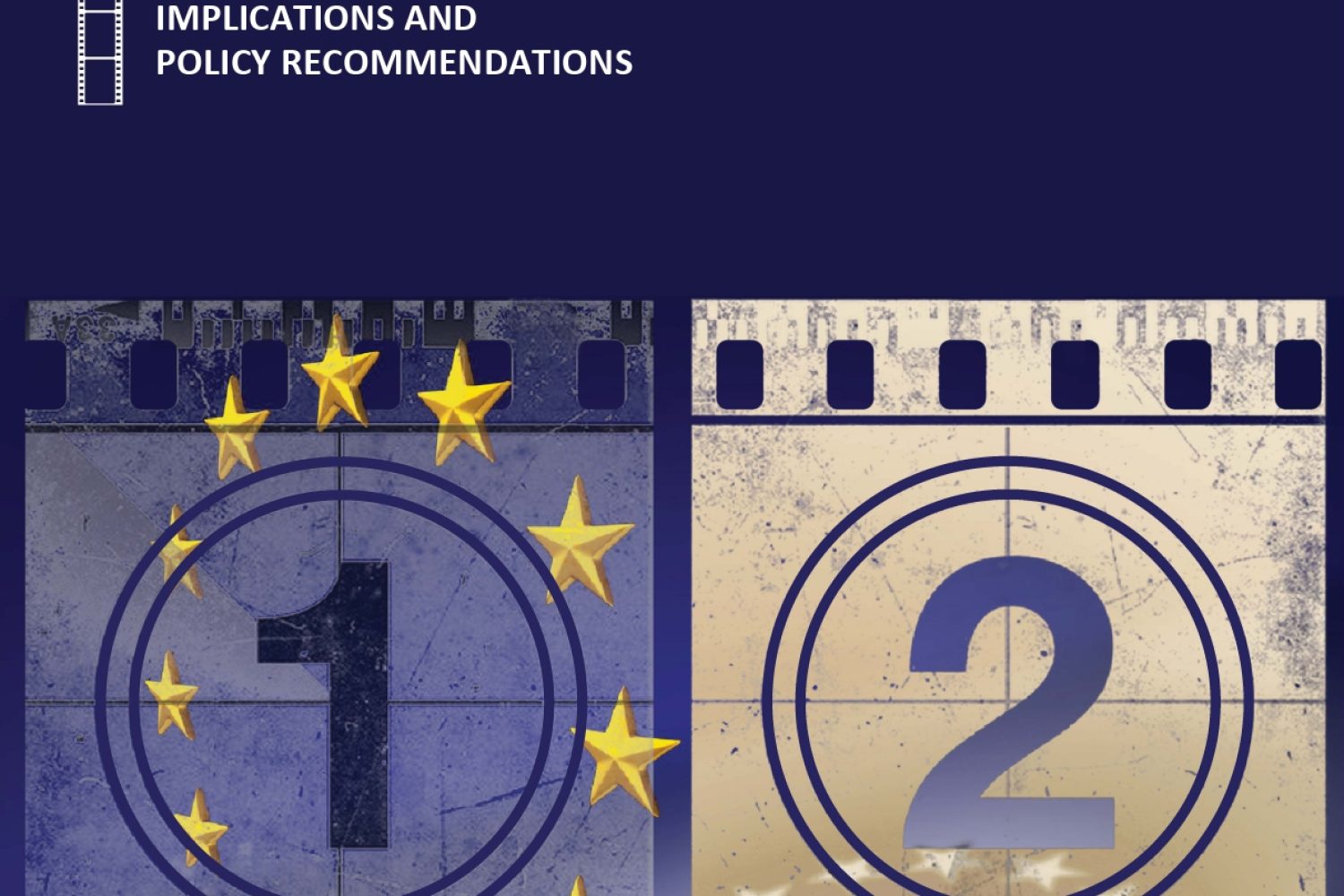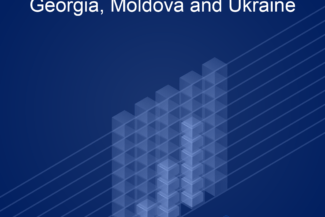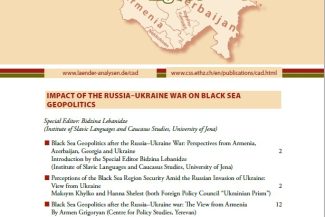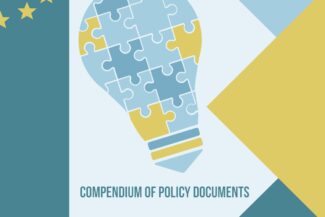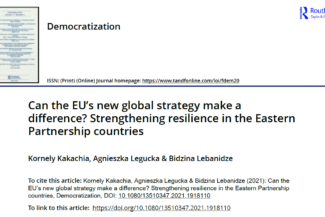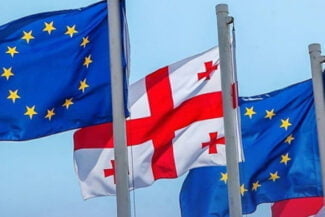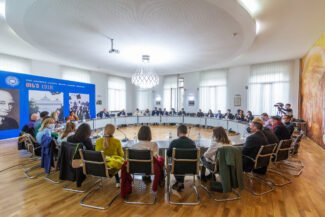27-10-2023
Georgia’s democratic decline is occurring at a critical juncture, as the European Commission is set to release its annual enlargement report in beginning of November. This report will include recommendations for future engagement with Georgia. By December, a vote by the 27 EU member states will determine the acceptance or rejection of these recommendations. This pivotal moment places Georgia in a precarious situation, challenging its dedication to democratic principles and influencing its foreign policy direction, thereby amplifying uncertainties regarding the country’s political and institutional future. This report presents probable short-term consequences of two scenarios in EU-Georgia relations: Georgia receiving EU membership candidate status or being denied it. The report outlines the major risks and opportunities associated with both scenarios.
Methodologically, the report draws on desk-research, foresight analysis and a focus group with experts. The focus group involved renowned local policy experts and was the primary inspiration for the two scenarios, providing the determining factors behind each. The experts were assigned the task of identifying key negative and positive implications of each scenario. These factors were then categorized into significant risks and opportunities for both Georgia and the EU in each scenario and were augmented by intensive desk research.
The time horizon of the two scenarios presented in the report spans up to twelve months after the decision by the EU. This period stretches from the time of the EU decision on whether to grant Georgia candidate status until the Georgian election scheduled for October 2024.
Scenario Report #37 | October 2023



